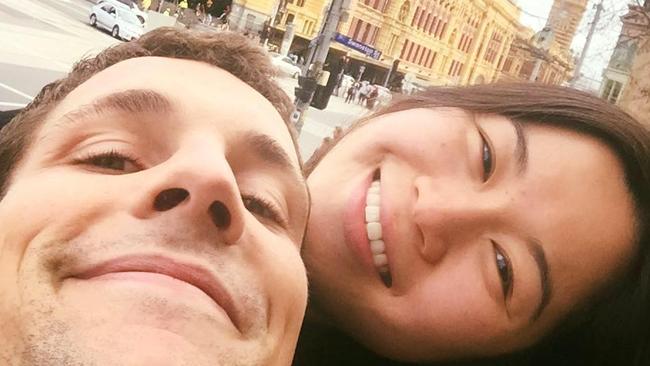Drones, jet skies and helicopters dispatched to keep swimmers safe
More drones were today surveilling the coast off Sydney’s eastern suburbs in the search for shark activity following the death of a man at Little Bay last week.
NSW
Don't miss out on the headlines from NSW. Followed categories will be added to My News.
More drones were today surveilling the coastal waters off Sydney’s eastern suburbs in the search for shark activity and with dwindling hope of finding the remains of the British expat killed by a great white.
As the family of former RAF veteran Simon Nellist are said to be making arrangements to fly from England to Australia, UAV operators from Surf Life Saving NSW dispatched six Mavic and Phantom drones, eight jet skies and a Westpac Rescue Helicopter yesterday to patrol the waters in a bid to restore the confidence of the swimming fraternity knocked by the savage attack in Little Bay.
“We have conducted searches from Little Bay along the beaches north to Bondi, we put on heightened surveillance presence to assist in the days following the attack to allay swimmers’ fears and restore confidence of people involved in the attack and in general,” Surf Life Saving NSW spokeswoman Donna Wishart said.
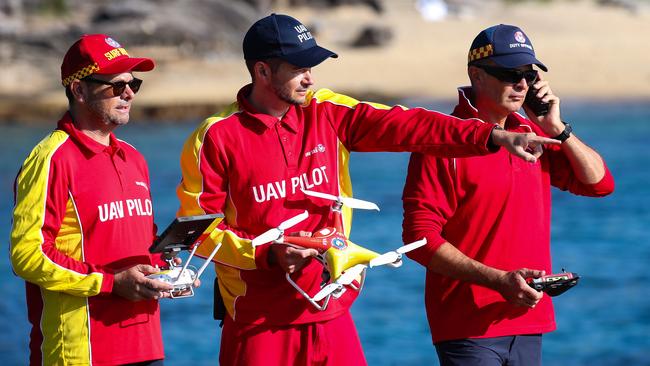
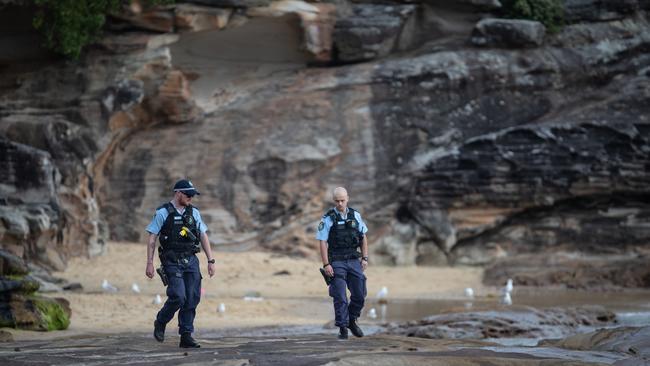
“We are still searching for the swimmer’s remains but with each day that passes, we are less optimistic about finding anything. If we see any shark activity we will send alerts out to life savers on the ground.”
Officers from Marine Area Command on Sunday continued to search for the remains of Mr Nellist, 35, a scuba driver instructor and photographer, originally from Cornwall in the south west of England.
Mr Nellist was just 150m away from the beach at Buchan Point near fishermen on Wednesday when the predator pounced in the first attack recorded in the area since 1963.
He was due to marry his fiancee Jessie Ho this summer.
His family paid tribute to a “gentle” and “kind” human being who had previously served two combat tours of Afghanistan with the Royal Air Force.
His aunt Jacqui Seager, 62, said his mother had asked how her son survived the frontline in Afghanistan “unscathed to then go to Australia, go out for a swim and get killed?”
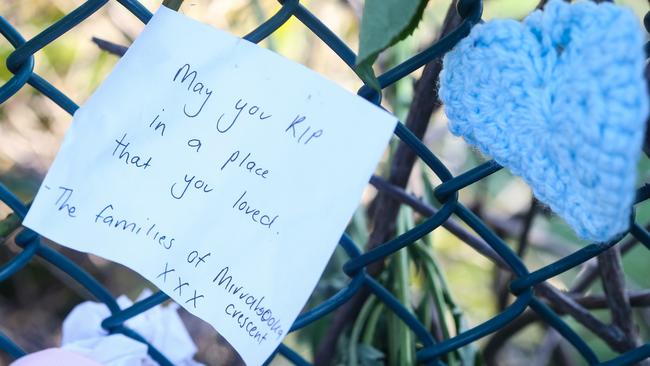
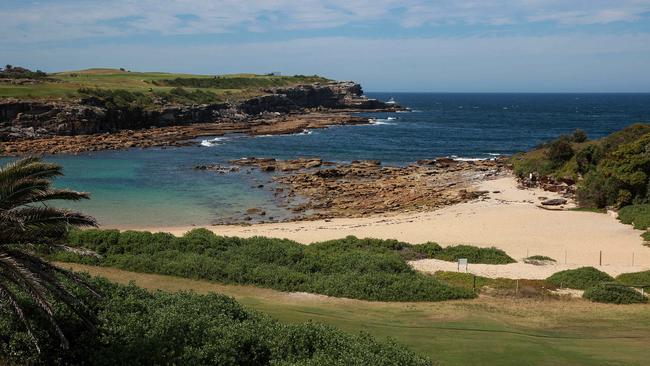
In a statement issued to the BBC his family in the UK acknowledged his “rare gift” for connecting with people.
They said he was a “proud Cornishman” who had lived in Australia for six years and that they “miss him terribly”.
“Simon was funny, compassionate and always had time for people. He had a rare gift of instantly being able to connect with others, gaining their trust and respect,” the statement read.
More Coverage
